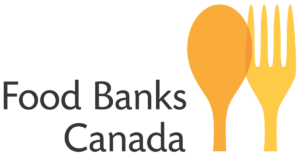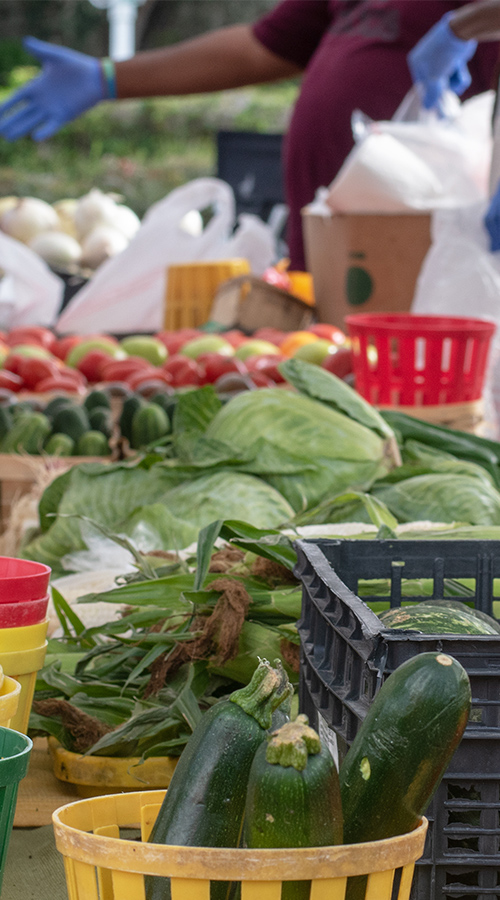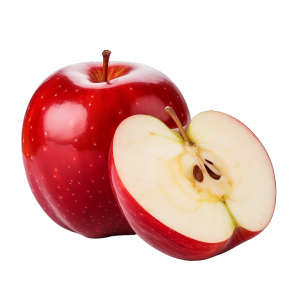When the Mississaugas of the Credit First Nation Community Centre approached Feed Halton in late 2024, they weren’t just looking for food supplies – they needed a partner who understood the importance of culturally appropriate foods for their community members.
Community wellness coordinator James Hill explains the challenge: “Our community members were traveling long distances to access food banks that didn’t always have foods that fit our dietary needs and cultural practices.”
Feed Halton’s response went beyond standard food provision. Working with the Community Centre, they identified specific products – wild rice, traditional proteins, and indigenous vegetables – that could be sourced through their bulk procurement network.
“Within six weeks, we were receiving regular deliveries that included foods our elders recognized and wanted to prepare for their families,” James notes. “But the impact went further than we expected.”
The partnership created a ripple effect across three communities. Excess traditional foods were shared with Milton Community Food Bank and Oakville Food Share, introducing other agencies to indigenous suppliers and creating new procurement relationships throughout the network.
The Community Centre also became a distribution hub for other Feed Halton partners, with their centrally located facility serving as a pickup point for smaller agencies. This arrangement reduced transportation costs across the network while strengthening relationships between different community organizations.
“Feed Halton didn’t just serve our community,” James reflects. “They helped us become part of the solution for other communities too. That’s how you build lasting change – by recognizing that our success is connected to everyone’s success.”





